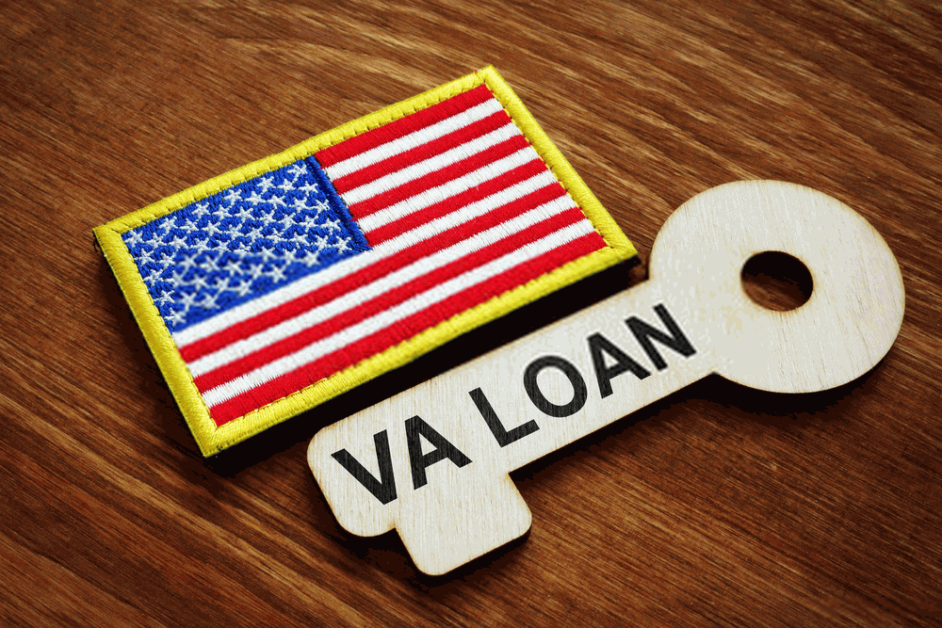
12 Nov How a Veteran Can Buy an Investment Property With No Money of Their Own.
You served your country. You want to build wealth through real estate. You don’t have a lot of money. Is there a way to invest in real estate? Yes! It is simple, yet it won’t necessarily be easy.
Here is a path you can follow, and it involves use of the VA loan.
The VA loan provides the following benefits for active-duty service members and most veterans:
- No down payment. For some areas and situations, there are no loan limits. For more on loan limits, go to the VA website: https://www.va.gov/housing-assistance/home-loans/loan-limits/.
- Lower payments. Interest rates are competitive and there is no Private Mortgage Insurance (PMI).
- Easier to qualify. The VA does not have a minimum FICO score requirement, yet many lenders do. A minimum 620 FICO score is needed for many lenders. People with a recent bankruptcy or foreclosure might even qualify.
- Ability to purchase a 1 to 4 family property. A savvy borrower could acquire a multi-unit property and use the rent to cover most, if not all, of their monthly payment.
- Ability to receive up to 4% of the purchase price as a credit toward your closing costs. It’s possible to negotiate to have the seller cover some of your closing costs. That means you bring less money to the closing table. In the strong seller’s market of the past several years, most sellers would not have accepted an offer asking for a credit for the buyer. However, as the market rebalances, more sellers may agree to grant a credit.
If you qualify for a VA loan and want to use it for investing, you must live in the property for at least one year.
If you’re looking to conduct a “slow flip” of a single family home, you could buy a slight fixer-upper, improve it, and sell it after a couple of years. (There are no capital gains taxes on the sale of your primary residence if you’ve lived in it in two of the last five years.) When you sell the house, you could buy another principal residence using a VA loan. Some additional VA funding fees may apply in subsequent uses of the loan program.
The VA loan is an even more powerful wealth-building tool if you buy a 2 to 4 family property. As mentioned, you would have to reside in one of the units for at least a year. You can collect rent from the other unit(s) and supplement your mortgage payment. It’s quite possible that your rental income will exceed your mortgage payment! After you’ve lived there, you could move out and rent that unit.
Let’s look at a simplified example:
$400,000 Purchase price for a 4-unit property.
+ $14,000 Estimated closing costs, including points, fees, title expenses, and pre-paid insurance and interest.
– $14,000 Seller-paid closing costs.
– $400,000 VA loan amount.
= $0.00 Amount of money needed from the VA borrower.
The monthly principal and interest payment on a $400,000 loan amortized over 30 years at a 7% interest rate would be $2,595. Let’s say that taxes and insurance make the total payment $3,500 per month. If the three tenants in the 4-unit are paying $1,200 a month each, then the $3,600 monthly rent covers the $3,500 PITI payment. When you move out and rent the 4th unit at $1,200, then the monthly revenue is $4,800 and the cash flow is as high as $1,300 a month. (You should set aside some money for repairs and maintenance, so that would lower the cash flow a little.)
Let’s say that you applied the positive cash flow toward principal. Imagine if the property is worth $600,000 in 15 years and it is fully paid off. That means you would have created $600,000 in asset value out of thin air since you bought the property with no money down. Also, imagine if the total monthly rent 15 years from now is $6,000. Then you would be netting a little under $72,000 a year in free cash flow (you’d still have to pay taxes, insurance, repairs, and maintenance). The average American adult earns less than that per year, and they have to work 40 hours a week to get it!
I used simple examples here. You still have to negotiate a solid deal when buying. You’ll need a decent FICO score, an acceptable debt-to-income ratio, and sufficient income to qualify for a VA loan. Plus you’ll need to choose and manage your tenants well (or hire a property manager).
If you’re on active duty, a strategy is to buy a home at each of your permanent duty stations. When you transfer to another location, you can keep the house and hire a property manager to rent it for you.
Talk to your mortgage lender to learn more about your specific borrowing situation and the options you have available. If you don’t know someone, reach out to me and I’ll see if I know a mortgage professional in your area. And most of all, thank you for your sacrifice for our great nation!
Tai DeSa is a graduate of The Wharton School of the University of Pennsylvania. He became a full-time real estate investor in 2004 after serving in the U.S. Navy. Tai has made colossal mistakes in investing (and learned some things along the way). He has helped hundreds of homeowners avoid foreclosure through successful short sales. Check out Tai’s books on Amazon.com. Tai may be available for coaching and speaking engagements on a variety of real estate topics. Send an email to tai@investandtransform.com.






No Comments